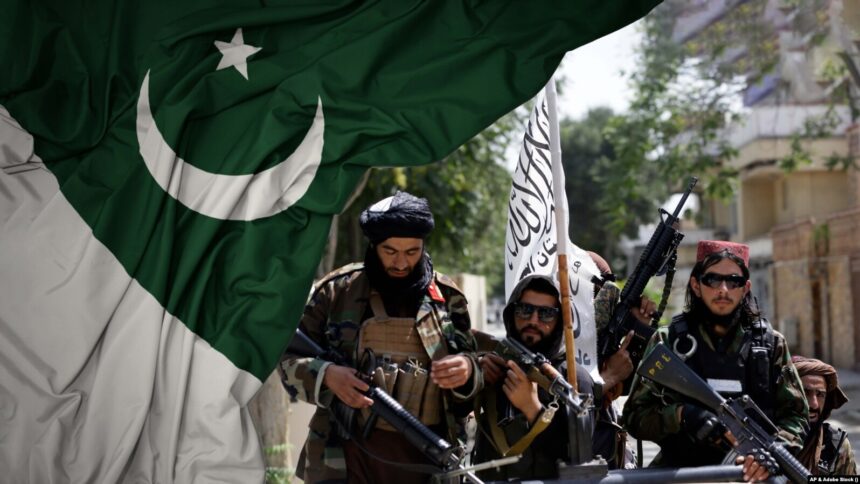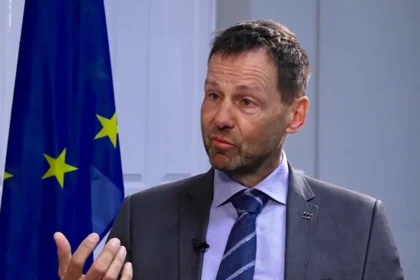RASC News Agency: Amid a deepening economic crisis that has left millions of Afghanistani citizens in dire need of humanitarian aid, a confidential source close to Taliban leader Hibatullah Akhundzada has disclosed that he has directed the allocation of $9 million from the new fiscal year’s national budget to religious seminaries in Pakistan. The directive was issued to Mohammad Nasir Akhund, the Taliban-appointed Minister of Finance, and Noor Ahmad Agha, the de facto Governor of Afghanistan’s Central Bank. According to the source, this financial assistance is set to benefit seminaries located in the Pakistani provinces of Balochistan, Sindh, and Punjab. The decision has sparked widespread criticism, given Afghanistan’s severe budget shortfalls and the population’s growing dependence on international aid.
Despite the Taliban’s failure to provide transparent fiscal data, the Ministry of Finance announced in June that the budget for the year 1403 had been approved. Previously, in the 1401 fiscal year, the Taliban endorsed a budget of 231 billion kabuli rupees, allocating 203 billion for regular expenses and 27.9 billion for development and infrastructure initiatives. The source further revealed that even as millions are funneled into Pakistani religious institutions, the Taliban leadership has ordered all ministries to reduce their workforce by 12%, citing a financial crunch. Simultaneously, pensions for retired government employees have been suspended, prompting discontent and sporadic protests among affected citizens.
Many of the Taliban’s senior leaders and operatives were trained in religious and militant seminaries across Pakistan, which have historically served as recruitment and indoctrination centers for the group. In recent years, Taliban officials have regularly visited these institutions, deepening ties and reinforcing ideological alliances. Under Taliban rule, Afghanistan is facing a convergence of economic collapse, political instability, and human rights violations. According to the United Nations, over 23 million people, more than half of them children, are currently in need of humanitarian assistance. The World Food Programme (WFP) has reported that it provided food and cash aid to 12 million Afghanistanis over the past year, prioritizing women and girls suffering from extreme hunger.






